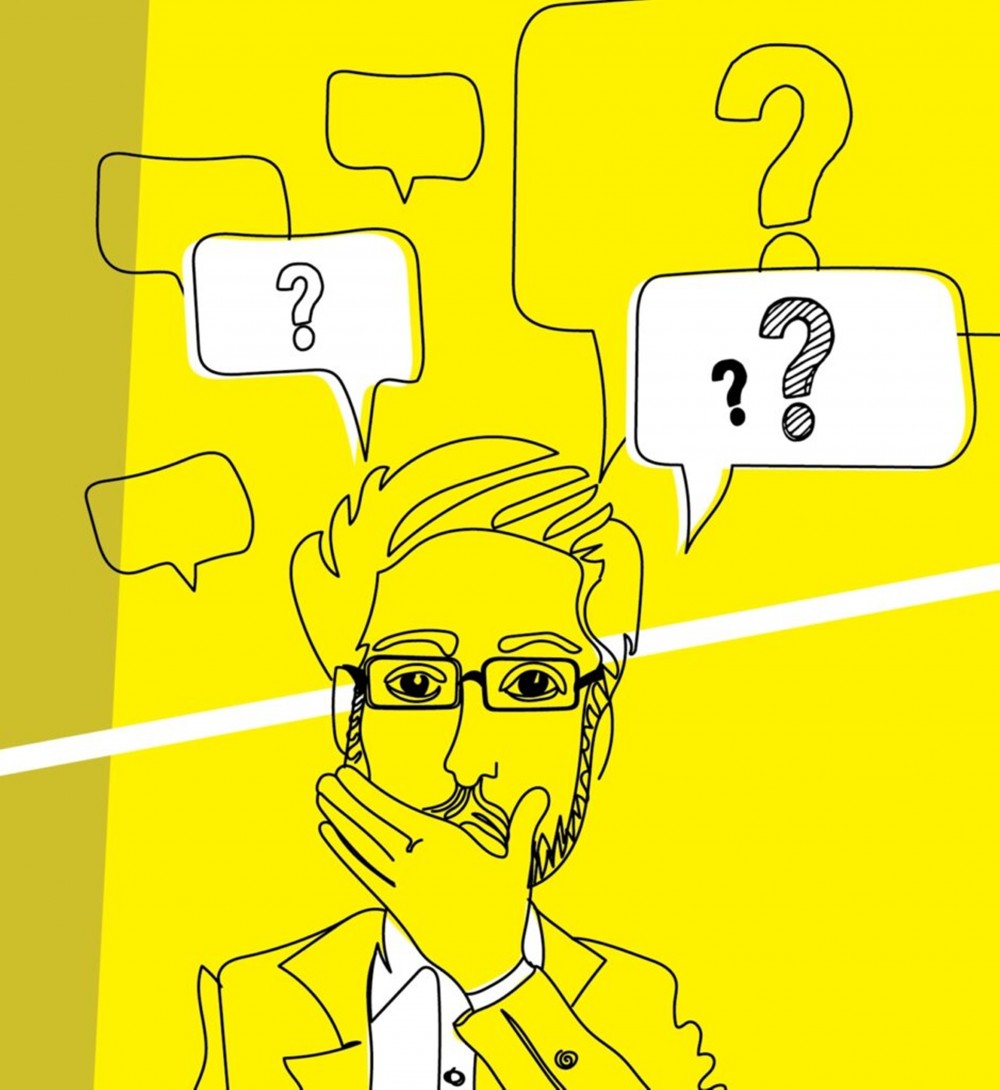
The article concentrates on state language policies and language behaviour of the Czech people in the 20th Century, particularly within the period of 1939—1989. In this period, we can speak about a restrictive, non-liberal state language policy, which was distinctively different in comparison to a previous historical period and a period which came later. The article tries to show that these policies are only partly successful, because equally important is a concrete language behaviour of the society. Reactions of Czech people to a restrictive language policy in 1939—1945 and 1948—1989 had some common aspects; mostly from political reasons a rejection of favourite language of state policy, in the first period of German and in the second period of Russian. But in general, the results of these interactions between the state language policy and language behaviour of Czech people were very different in roles and positions of both languages in the Czech society of the 20th Century. On the one side Russian, despite of forty years of a privileged position in an education system, never had been the first language of wider international communication for the Czechs, on the other side German had stayed in this position for the whole 20th Century. Reluctance to learn German lasted for clear political reasons among Czech people relatively a short period of time, from the end of 1930s till the beginning of 1960s. In other periods of the 20th Century, the Czech people were aware of the importance to learn German, even during a communist regime. Practical reasons for learning German were for the Czech people more important than an ideological aspects of the state language policy. The article shows that knowledge of foreign languages in society of a concrete historical period is not strictly only a mirror of a state language policy of the same historical period, but it has been influenced also by language behaviour of the society of that time.
Source: Hnízdo B. (2016) State Language Policies and Language Behaviour of the Czechs in the 20th Century. Central European Papers. 4(1): 20-31
Source web-site: https://cep.slu.cz/pdfs/cep/2016/01/03.pdf
Number of views: 2354